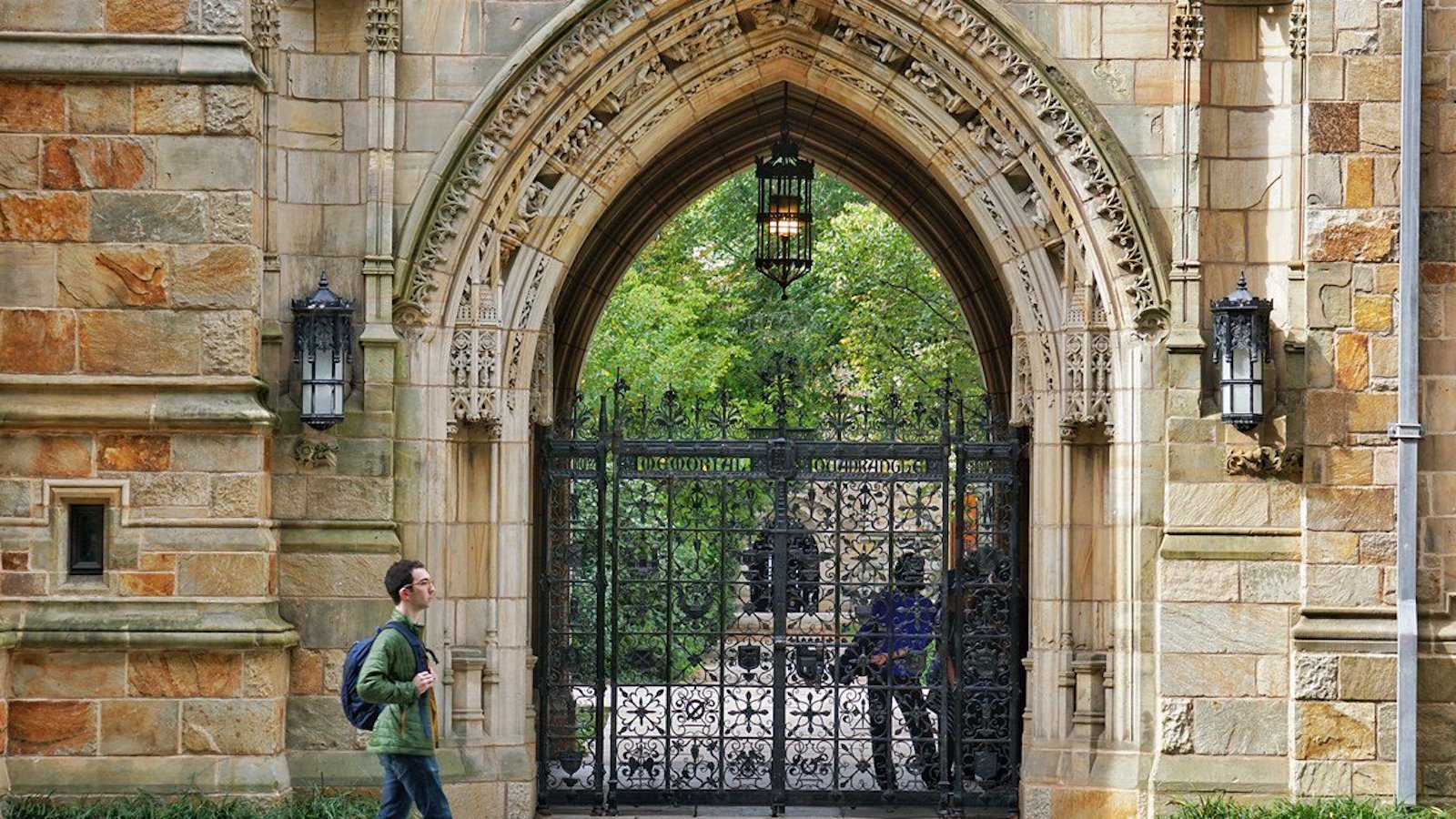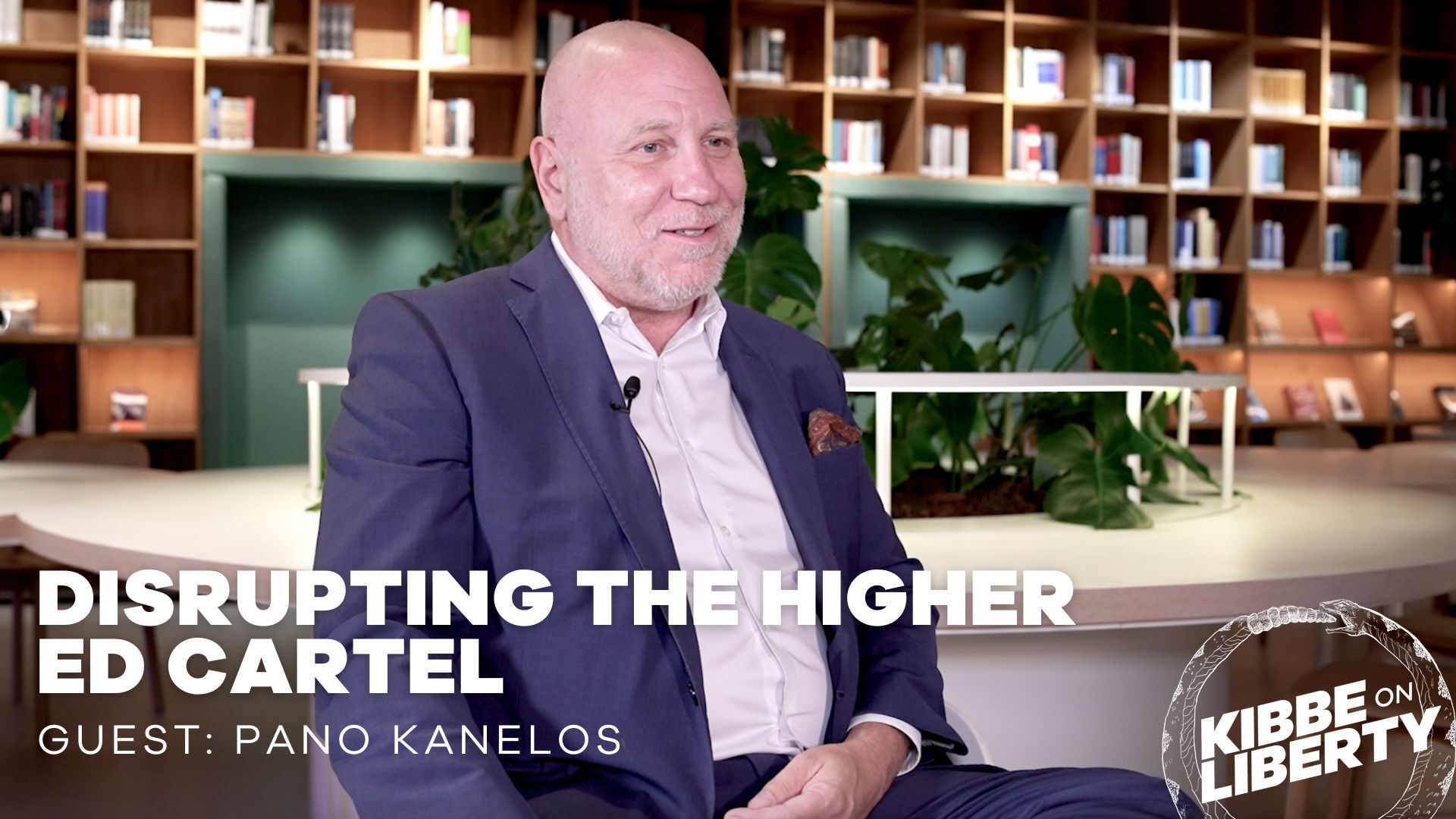
New Book’s “Case Against Education” Is a Persuasive One
It’s common to hear politicians wish aloud that everyone should have access to a quality college education. As rhetoric, it sounds lovely, but as in many a fairy tale, there’s good reason to be careful what we wish for.
Bryan Caplan’s new book, unflinchingly titled The Case Against Education, is an important contribution to the growing body of literature challenging one of society’s most cherished sacred cows. Unlike most writers on the subject, Caplan doesn’t just target the Department of Education, the public school system, or liberal arts universities. He goes after all of it — the education system as a whole. And it’s about time someone did.
The College For All Fallacy
We know that more educated people tend to make more money, and it’s easy to use that statistic as a defense of the education system, but Caplan’s thesis is that a significant portion of the salary bonus for graduates comes not from increased ability. Instead, it is the result of what he calls “signaling.” In other words, having a degree demonstrates to employers that you know how to follow orders, work hard, and finish what you’ve started, all valuable skills in the workplace. People with lower levels of education may well have these skills too, but a degree provides a convenient way for employers to separate the wheat from the chaff in a competitive labor market.
Viewed in this light, the idle musings of politicians for universal college enrollment actually constitute a nightmare scenario. In a world where everyone has a bachelor’s degree, employers will look for graduate degrees to determine who is really willing to go the extra mile and work the hardest. Everyone will have to put in more time, money, and effort towards obtaining more educational credentials, only to end up exactly where they were before the well-intentioned degree inflation took place.
It’s an arms race where everybody loses, and there’s no reason it will stop at college degrees. The same do-gooders who made it possible for everyone to have a bachelor’s degree will soon want to give everyone a Ph.D. Children used to start school at six years old. Then kindergarten kicked in at five. Then pre-K at four. Pretty soon, babies just out of the womb could be shuttled into formal education programs in the hope of getting a leg up on the increasingly stiff competition. And remember that this competition is not about who knows the most or can do the best job, it’s simply about who has the most impressive credentials.
What are the implications of this observation? Caplan argues that the education system fails to actually teach anything very useful and that we, therefore, shouldn’t pour billions of taxpayer dollars into it. As a society, it’s a waste of money. It’s also a huge waste of time to have children spend so many years in school when they could be doing something more productive.
The apparent paradox is this: while education may pay for an individual student, if everyone consumed less education, society would be no worse off either in terms of useful skills or premium wages. This resembles the old economists’ critique of advertising. When an individual firm advertises, it gains an advantage over its rivals, but when everybody advertises, they cancel each other out, resulting in a collective waste of money. The major difference is that the money advertisers are wasting is their own, whereas the education system wastes the money of every American taxpayer.
Not Perfect
As an economist writing about education, it’s not surprising that in doing so, Bryan Caplan focuses heavily on the monetary rewards from schooling. Educators like John Holt and John Taylor Gatto have argued against the school system on the grounds that it robs children of their natural curiosity through a fundamental misunderstanding of how learning happens. Caplan, on the other hand, eschews these lofty arguments in favor of a deep focus on the statistics.
This is, to my mind, both a positive and a negative. On the plus side, Caplan’s treatment of the data is unassailable. He has gone to great lengths to preemptively respond to potential criticisms of his econometrics, and in doing so has produced a more or less airtight document proving that the education system largely fails at effective teaching and is valuable to the individual only insofar as it helps distinguish them from the motley pack of job seekers.
On the other hand, this very statistical rigor means that the book comes across as being written “by economists, for economists.” If we are actually going to change the education landscape, we need to win hearts and minds on a massive scale, creating a popular movement that doesn’t just include academics and policy wonks. For the layperson, much of Caplan’s book is likely to be a slog, and that’s likely to prevent it from getting the broader audience it deserves.
Also problematic is that, when it comes to policy recommendations, Caplan appears to have come down with a case of cold feet. He argues that we should cut funding for the “useless” majors like art and music, and only fund classes in reading, writing, and math. But mere pages earlier, he took the trouble to provide a strong case that schools fail dismally at teaching students to read, write, or calculate. So why continue to waste money on those failures?
Similarly, he recommends replacing traditional education with vocational education, training students for specific jobs rather than focusing on general knowledge. Again, he undercuts his thesis that education is ineffective at imparting knowledge to students. The problem is not with the curriculum, but with the methods of the education system. If teachers fail to produce students who know anything about poetry or music, why should we expect them to churn out productive little plumbers and electricians with any more efficiency?
The Education System Isn’t Working
Education fails not because it teaches useless subjects. There are no useless subjects. Education fails because it demands students devote their efforts to subjects in which they are not interested, on a schedule that is not of their own choosing, using methods that are inappropriate to their individuality.
Maybe the above is just Caplan’s attempt to attenuate his argument to the point that skeptics will be more receptive, but when you have the chutzpah to call your book The Case Against Education, it’s disappointing to see this lack of follow-through.
In Caplan’s defense, I suspect that he actually agrees with this position more than he is willing to admit. A few comments tucked away near the back of the book emphasize the value of free play and unsupervised reading. But he sends mixed signals by devoting some chapters to praising vocational schooling, and others to the condemnation of schooling in general.
The above quibbles aside, The Case Against Education brings some much-needed methodological rigor to the argument that so many Americans intuitively already grasp: that the education system isn’t working and that to throw good money after bad is folly. In pointing this out, Caplan proves himself an ally to children, parents, and honest educators everywhere.
This article originally appeared on FEE.
Free the People publishes opinion-based articles from contributing writers. The opinions and ideas expressed do not always reflect the opinions and ideas that Free the People endorses. We believe in free speech, and in providing a platform for open dialogue. Feel free to leave a comment.



